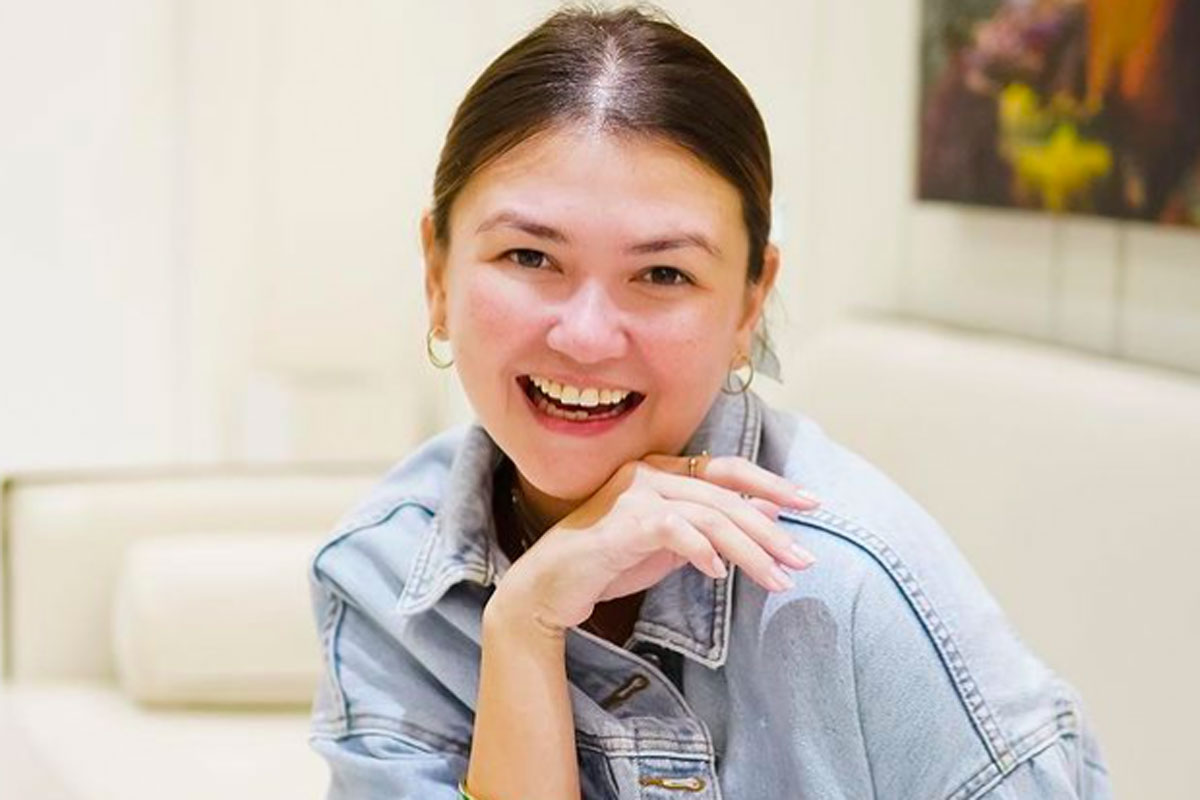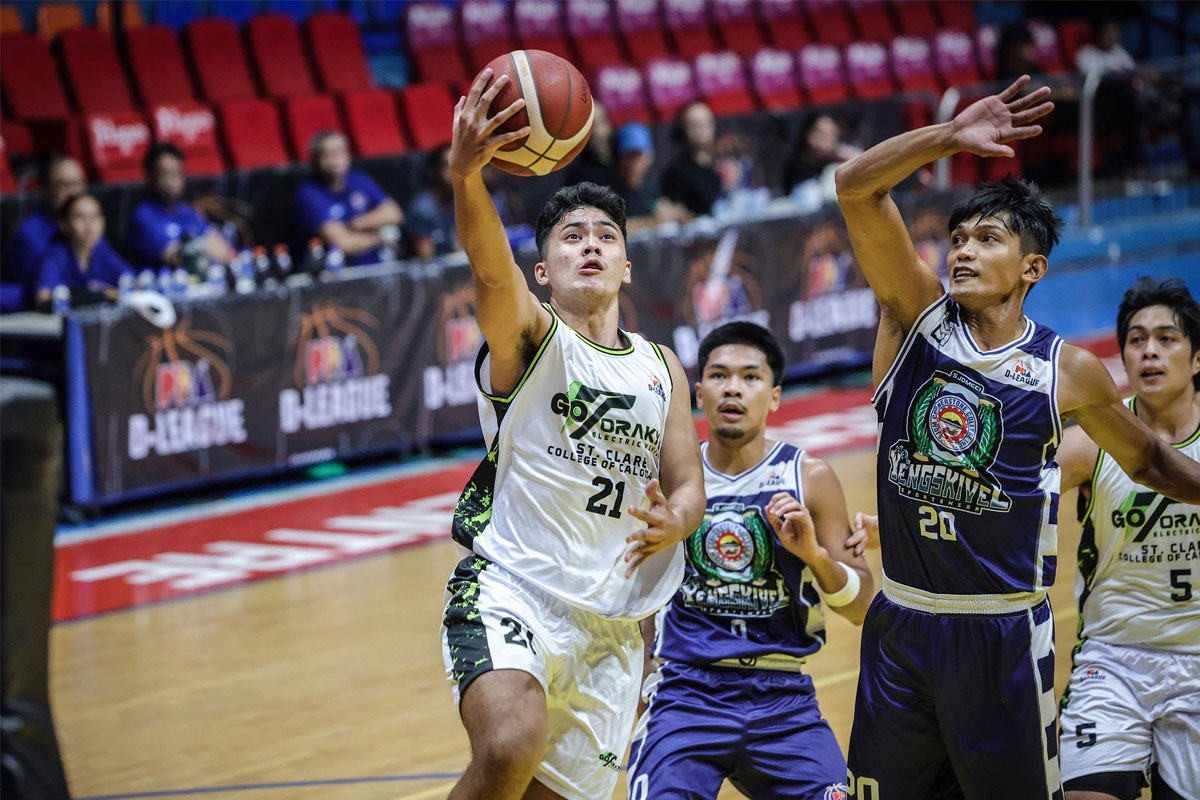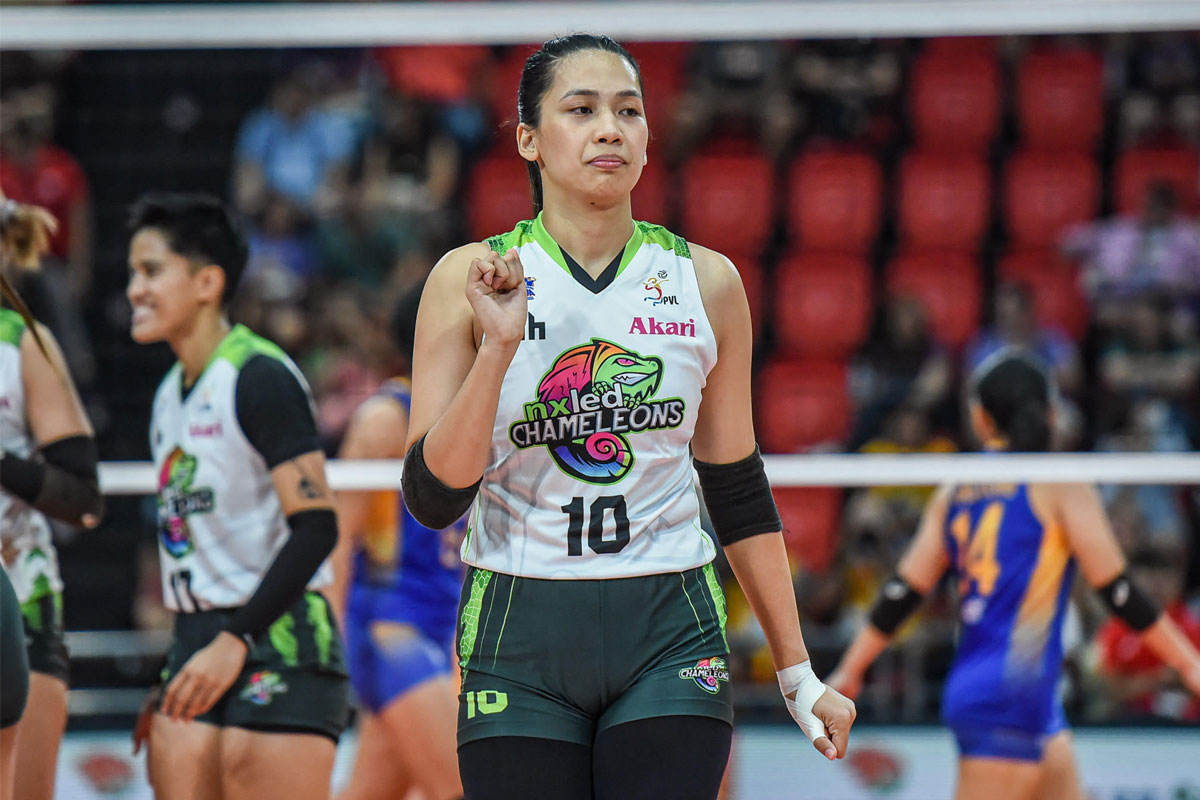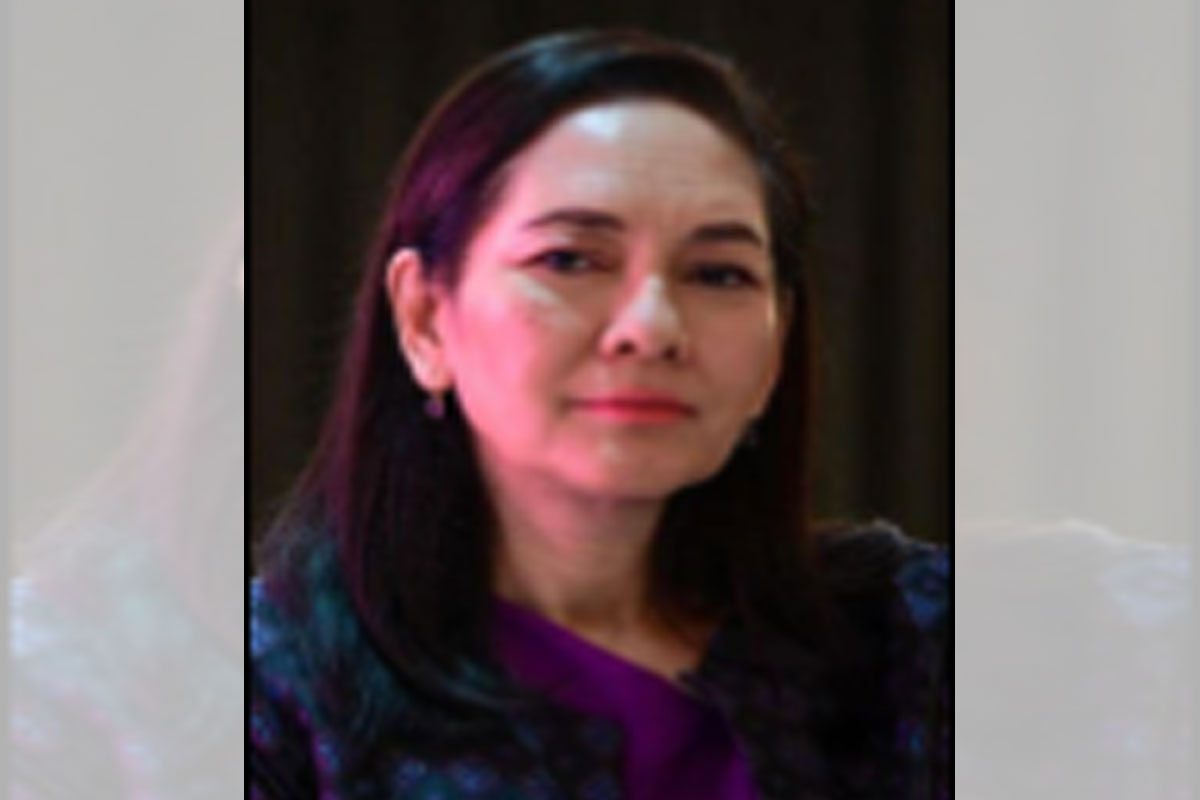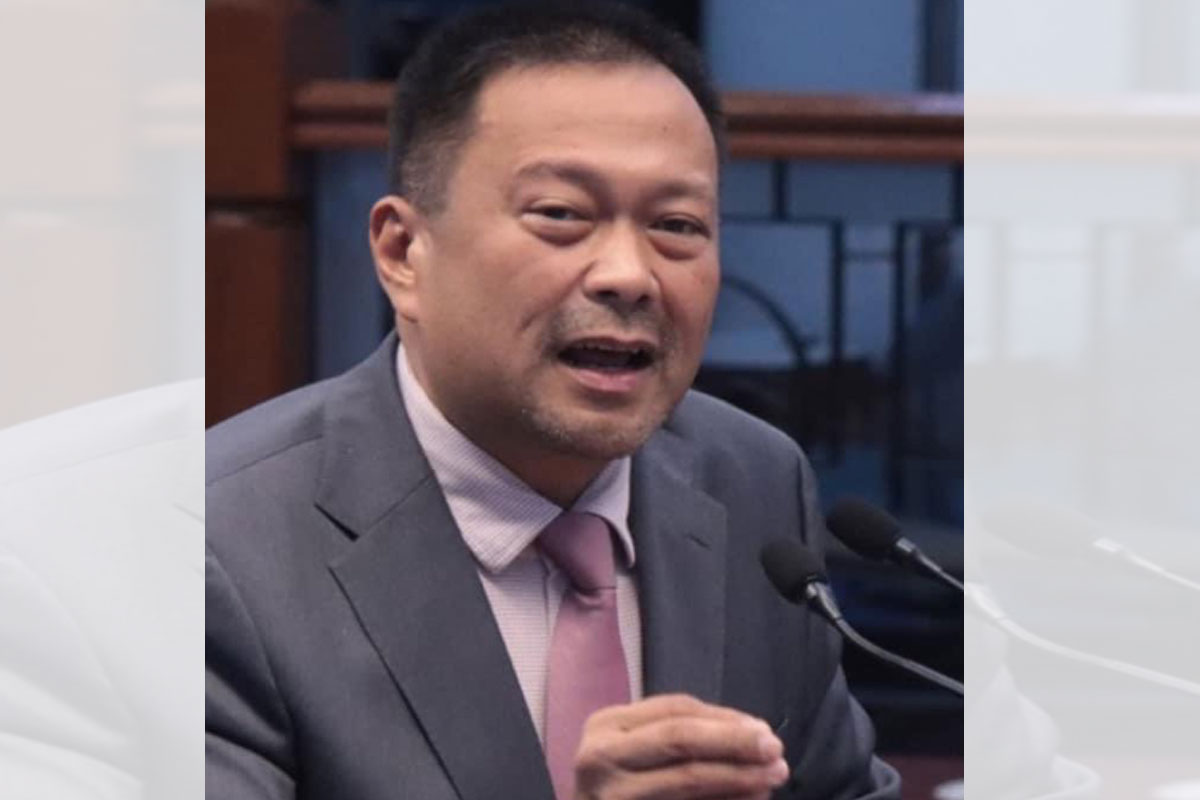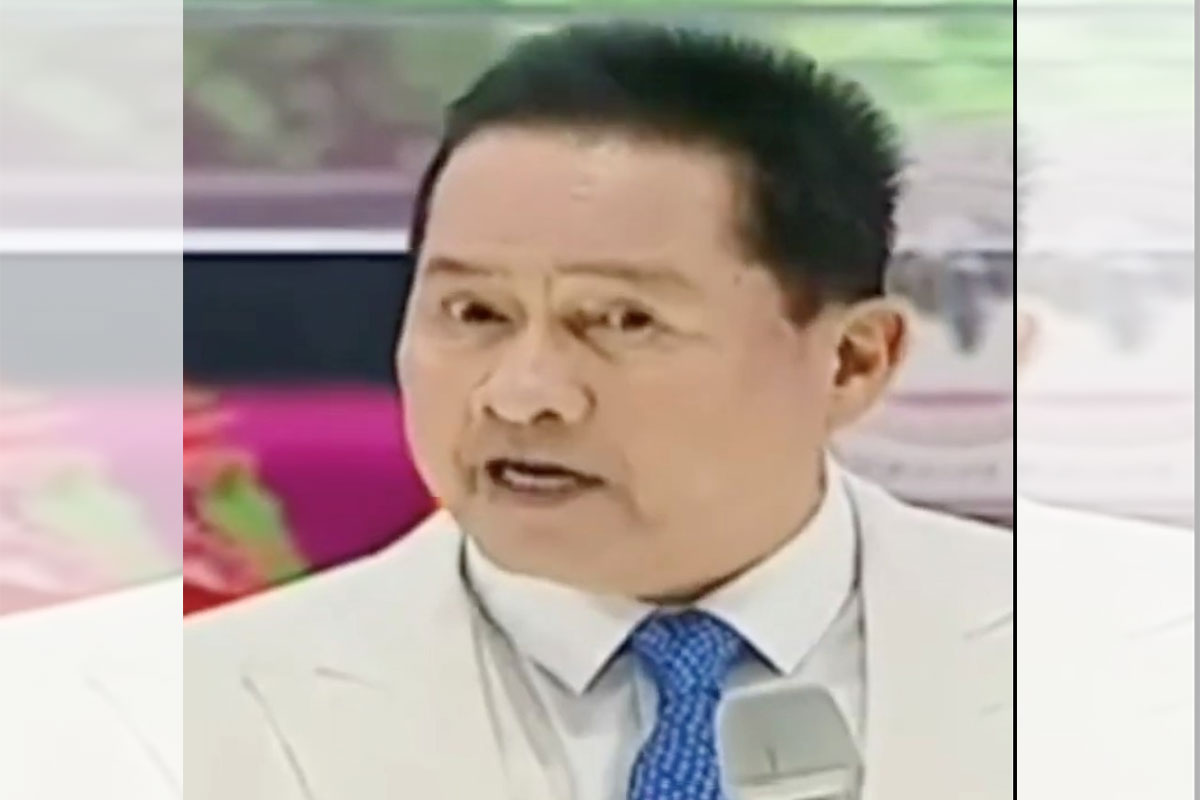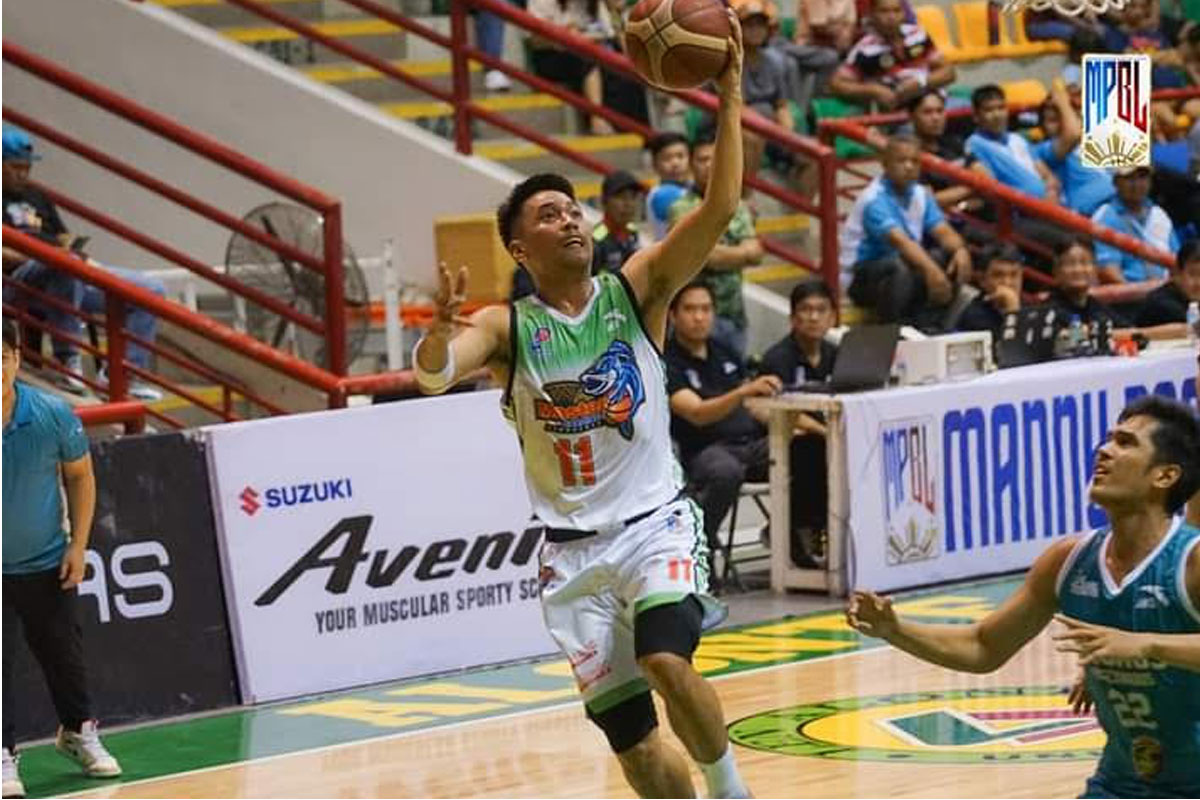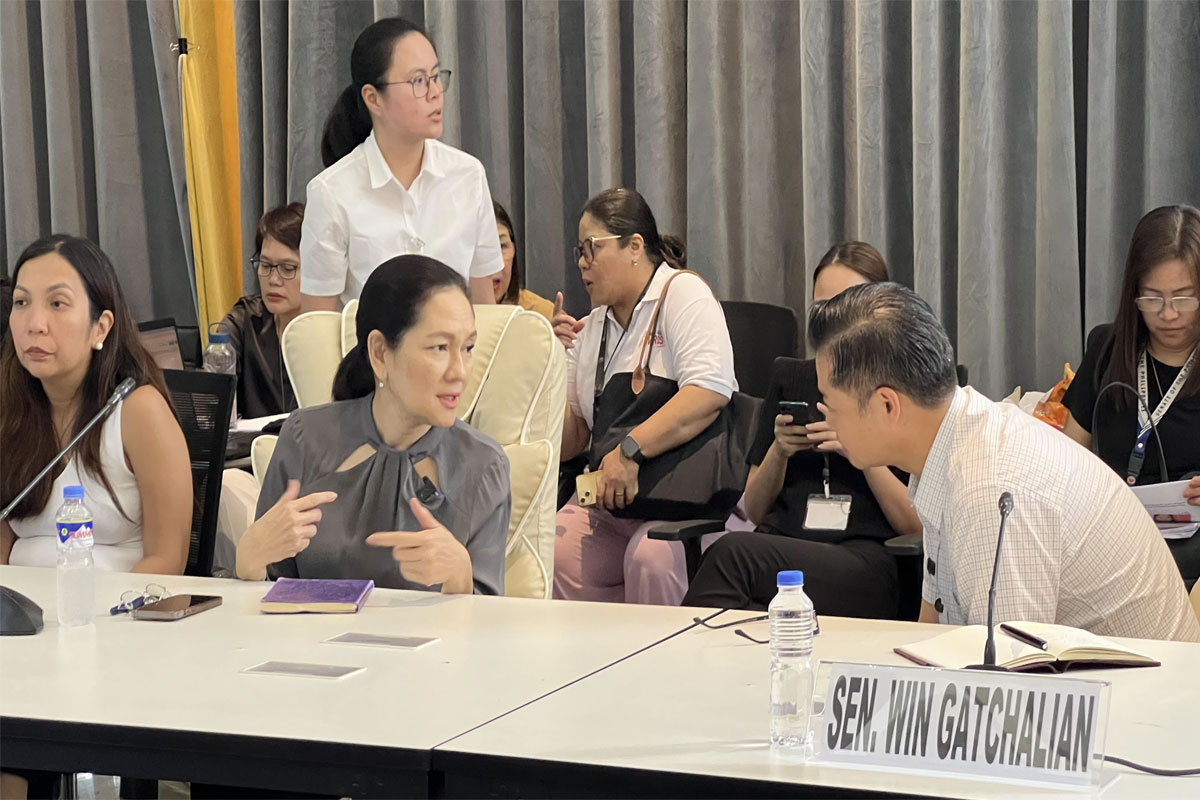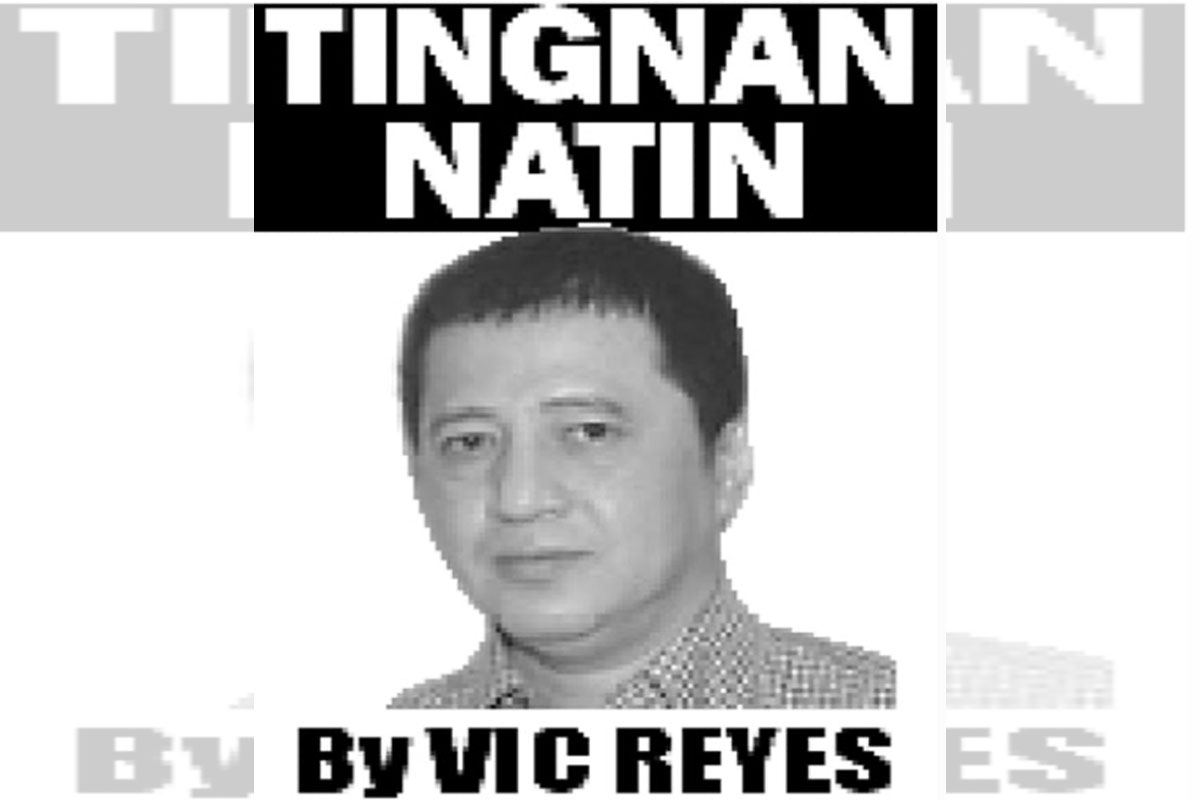
Bank of the Philippine Islands @ 171
 At 171 years and counting, Bank of the Philippine Islands (BPI) – the country’s and Asia’s first bank – continues to lead in the banking and financial industry. BPI is marking this milestone with an anniversary mass this morning to be officiated by the Most Rev. Honesto F. Ongtioco, D.D. Bishop of Cubao at BPI’s satellite office – BPI Buendia Center.
At 171 years and counting, Bank of the Philippine Islands (BPI) – the country’s and Asia’s first bank – continues to lead in the banking and financial industry. BPI is marking this milestone with an anniversary mass this morning to be officiated by the Most Rev. Honesto F. Ongtioco, D.D. Bishop of Cubao at BPI’s satellite office – BPI Buendia Center.
Originally named Banco Español de Isabel II (after Spain’s then reigning monarch), BPI was established on August 1, 1851, by the Junta de Autoridades. The Junta was a Manila-based committee of civil and ecclesiastical officials, which was created in 1828 by royal decree of King Ferdinand VII.
The bank’s original capital was provided by Obras Pias – which handled charitable contributions to the Catholic Church. Among the original stockholders was prominent businessman Antonio de Ayala, forebear of current BPI Chairman Jaime Augusto Zobel de Ayala (JAZA). The Church was the dominant shareholder until 1968, when Ayala became the bank’s largest shareholder. Some of the best names in global finance have been BPI shareholders. JP Morgan took a 20% stake in 1974, which DBS later bought in 1999. Later, the Government Investment Corporation of Singapore acquired a portion of DBS’ stake in 2014.
Acquisitions complemented organic growth, as follows: People’s Bank in 1974. Comtrust in 1980. Family Savings Bank in 1984. Citytrust in 1996. Far East Bank in 2000. Prudential Bank in 2005.
BPI also notched many “firsts” in its glorious history. 1851 – BPI made its first loan to a Filipino-Chinese merchant. 1864 – BPI lent money to the colonial government to build Arranque Market and Hospital de San Juan de Dios. 1888 – BPI financed Jacobo Zobel’s Compania de Tranvias de Filipinas, the steam operated railway that replaced horse-drawn carriages.
In 1896, BPI issued the Philippine’s very first bank note. According to Money and Banking in the Philippines, BPI was given, by royal decree, the monopoly of issuing notes to the extent of three times its capital stock of 1.5 million pesos. Its bank notes were designated as Pesos Fuertes, in denominations of 5, 10, 25, 50, 100 and 200 , payable in Mexican or Spanish-Filipino silver coins. The bank notes were jointly used with Mexican peso coins, Alfonsino pesos, Spanish-Filipino silver coins.
In 1982, BPI pioneered in electronic banking. 1990 – BPI established the first ATM network. 2000 – Established the first bancassurance company. 2009 – Established the first mobile microfinance institution. 2013 – Built the first solar-powered bank branch. 2016 – BPI Capital led the issuance of the P10.7 billion Aboitiz Power climate bond- the first for geothermal energy and the first “green bond” among peer institutions. Currently in the pipeline is a proposed transition financing for a coal-operated plant which will enable the plant to terminate its coal-operations 15 years ahead of plan.
In addition, BPI has continued to engage the community in several fronts.
– BPI Foundation directly engages and advances financial wellness, financial inclusion, financial literacy and sustainable development.
– The BPI-DOST Science Awards continue to provide the country’s brightest students a platform for presenting and implementing science and technology-based business concepts.
– BPI also nurtures the civic spirit of its employees to through the BPI Bayan Volunteerism Program. Over the years, BPI staffers have contributed thousands of volunteer hours to assist targeted communities in conceptualizing , organizing, fund-raising and implementing self-help projects.
Moving forward, Jose Teodoro “TG” Limcaoco, BPI’s President and CEO, describes BPI’s growth strategy being anchored on following principles:
– Establishing BPI as the undisputed digital leader in banking
– Increasing the share of SME and consumer loans in the bank’s loan book
– Closing the gap in funding leadership
– Redefining the new role of the branches
– Promoting sustainable banking, and
– Customer excellence.
The following make up the bank’s Board of Directors.
– Jaime Augusto Zobel de Ayala, Chairman
– Fernando Zobel de Ayala, Vice Chairman
– Jose Teodoro “TG” K. Limcaoco, President/CEO
– Janet Guat Har Ang
– Renè G. Bañez
– Romeo L. Bernardo
– Ignacio R. Bunye
– Cezar P. Consing
– Ramon R. Del Rosario, Jr.
– Octavio Victor R. Espiritu
– Aurelio R. Montinola III
– Antonio Jose U. Periquet (until Dec. 15, 2021, and appointed to the Advisory Council effective Dec. 16, 2021)
– Cesar V. Purisima
– Eli M. Remolona, Jr.
– Ma. Dolores V. Yuvienco
The following make up the bank’s Advisory Council:
– Delfin L. Lazaro
– Mercedita S. Nolledo
– Chief Justice Artemio V. Panganiban
– Oscar S. Reyes
– Antonio Jose U. Periquet



